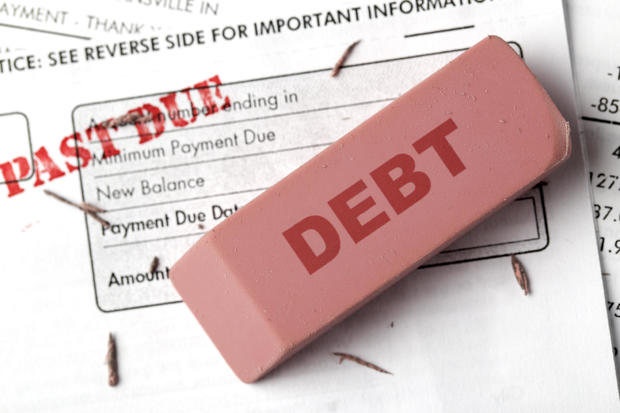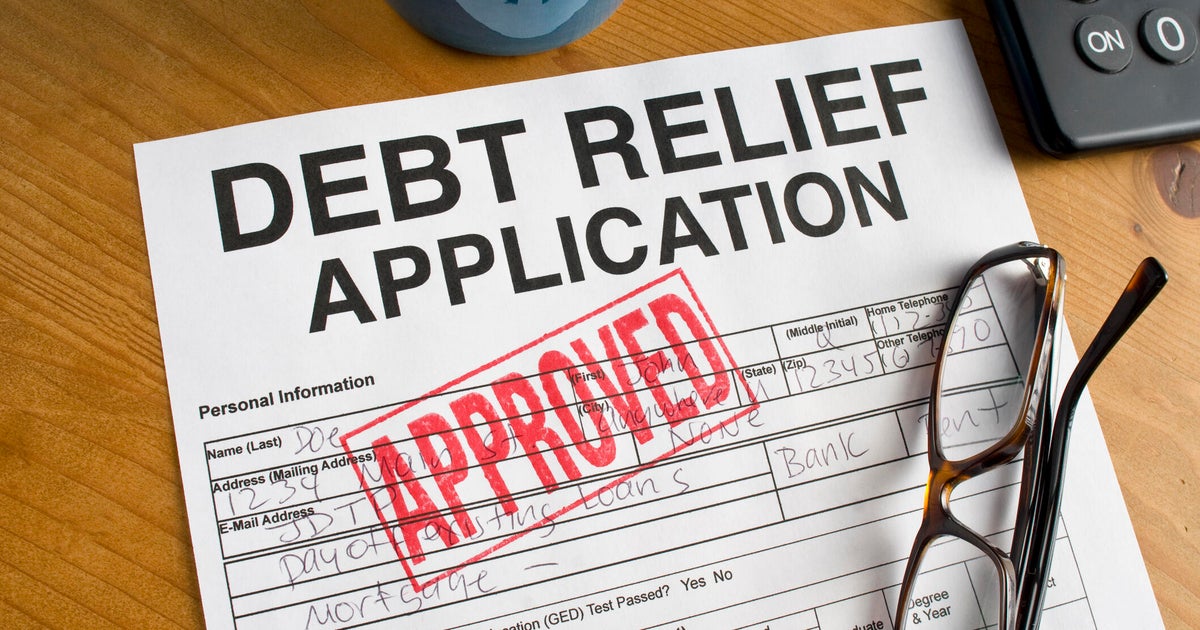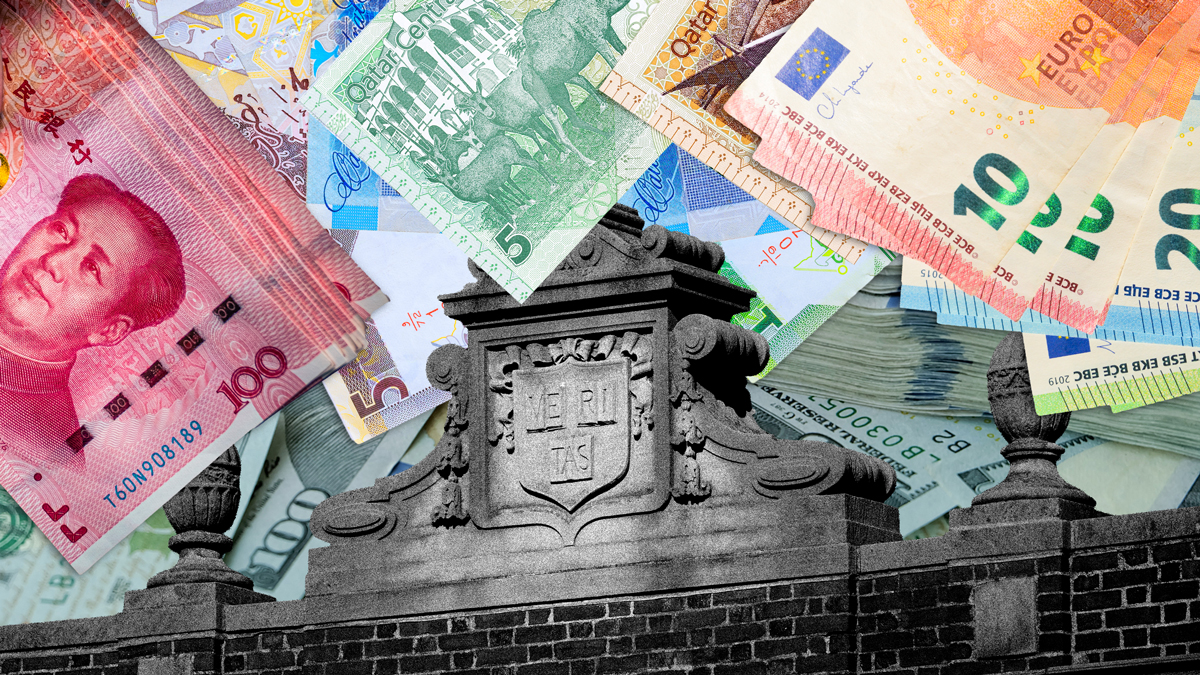Credit card delinquencies hit 12-year high. 4 ways to resolve yours now
Recent signs, including an uptick in maxed-out credit card accounts and rising delinquency rates among cardholders, have indicated that a credit card debt crisis could be looming nationwide. And, new data released this week further bolsters that theory. According to the Q1 2024 Insights Report issued by the Philadelphia Federal Reserve, the share of past-due credit card balances has hit its highest level since the institution began tracking this metric in 2012.
This surge in delinquencies comes at a time when many Americans are increasingly relying on credit to help cover everyday expenses, many of which have experienced sharp price increases amid inflation. Further compounding the issue are high average credit card interest rates, which increased from 16.6% in 2022 to today's rate of 22.76% — a figure that is approaching recent record highs.
These and the other economic hurdles that have been looming have left many cardholders struggling to keep up with their payments. If you find yourself among those facing credit card delinquency, it's crucial to act quickly to address the issue.
Unable to keep up with your credit card payments? Explore your debt relief options here.
4 ways to resolve your credit card delinquency now
If your credit card accounts are delinquent, here are a few potential ways to resolve the issue:
Slash your total balance with a credit card debt forgiveness program
Credit card debt forgiveness programs, also known as debt settlement programs, are offered by debt relief companies and aim to negotiate with your creditors to reduce the total amount you owe. These programs typically involve stopping payments to your creditors and instead making deposits into a dedicated account. Once enough funds accumulate, the debt relief company negotiates with your creditors to accept a lump sum payment that's less than the full balance you owe.
The main benefits of this approach is that it can potentially lead to a significant reduction in total debt and help you resolve your debt faster than making minimum payments. However, it's important to be aware of the drawbacks, too. For example, this method can negatively impact your credit score and any forgiven debt may be taxable as income.
Find out how debt forgiveness could help you address your delinquent credit card accounts.
Use a debt management plan for lower rates or better terms
A debt management plan is typically offered through a credit counseling agency. When you enroll in this type of plan, the agency works with your creditors to try and lower your interest rates and waive certain fees. You then make a single monthly payment to the agency, which distributes the funds to your creditors.
Debt management plans are often a smart solution to consider because they can simplify your payments into one monthly sum and may help you improve your credit score over time. However, they usually require closing your credit accounts and can take several years to complete.
Enroll in a credit card hardship program for temporary relief
Many credit card issuers offer hardship programs for customers facing temporary financial difficulties. These programs can provide short-term relief in the form of reduced interest rates, waived fees or lower minimum payments. And, they're typically free to enroll in. You simply contact your card issuer to explain the type of hardship you're facing and, if you qualify, you'll be enrolled through your issuer.
But while these programs can provide immediate relief, it's important to understand that they're usually temporary, lasting only a few months to a year. Still, they can be a good option if you're facing a short-term financial setback and need some breathing room to get back on track.
Use a debt consolidation program to streamline and lower your payments
Debt consolidation programs function similarly to debt consolidation loans but are often easier to qualify for, as the loan is issued through the debt relief company's partner lender. These programs combine multiple debts into a single loan, ideally with a lower interest rate. This approach can simplify multiple debts into one payment and may lower your interest costs while potentially improving your credit score if payments are made on time.
However, while the debt consolidation lending parameters may be more flexible with a debt relief company, there's no guarantee that you will be approved for this option. Qualification is typically based on your credit score and income, so you'll still need a somewhat strong borrower profile to be approved.
The bottom line
Regardless of the path you decide to pursue, it's important to understand that proactively addressing credit card delinquencies is crucial. The longer you wait, the more challenging it becomes to resolve the issue, and the greater the potential the impact is on your overall financial health. By taking action now, you can work toward regaining control of your finances and building a more stable financial future.






